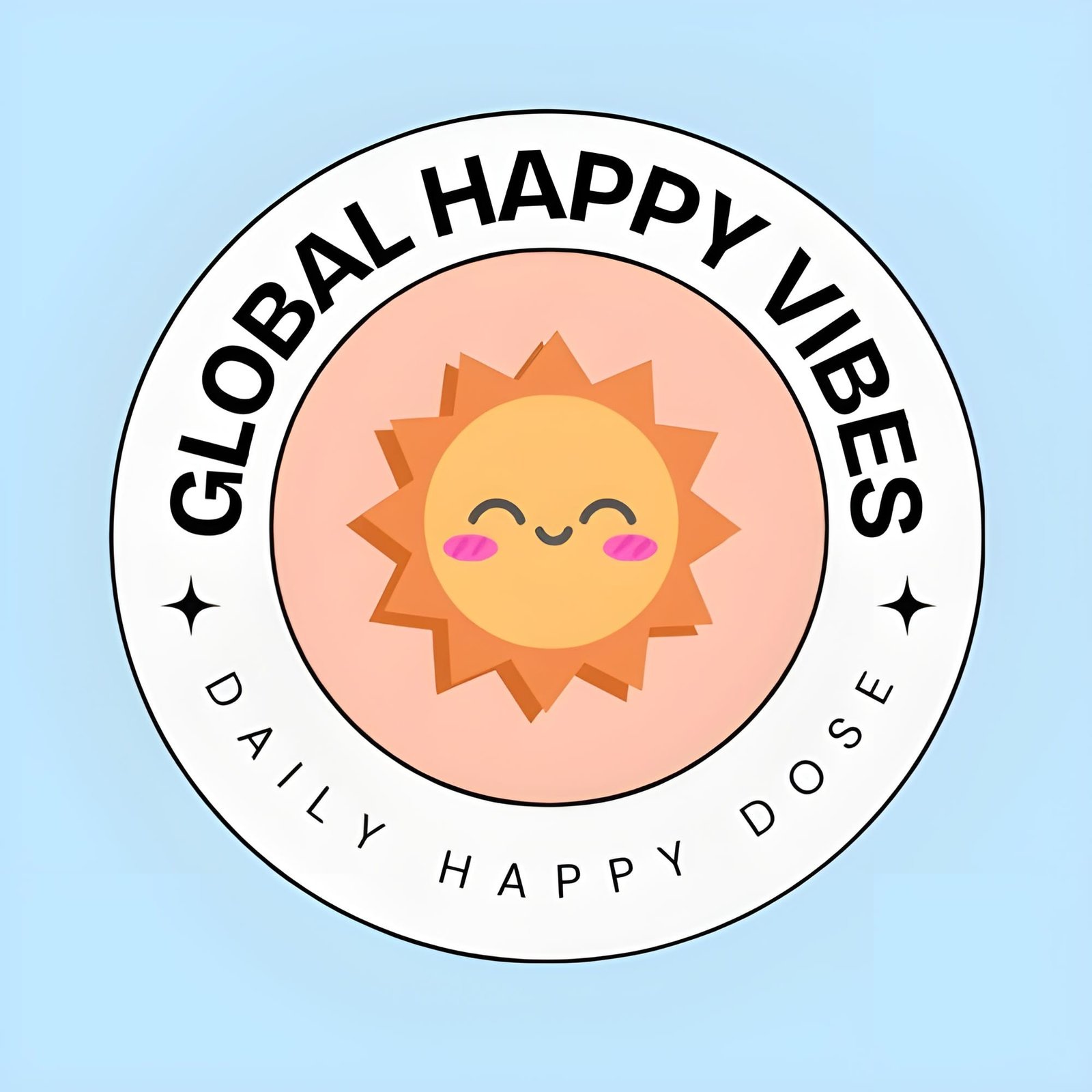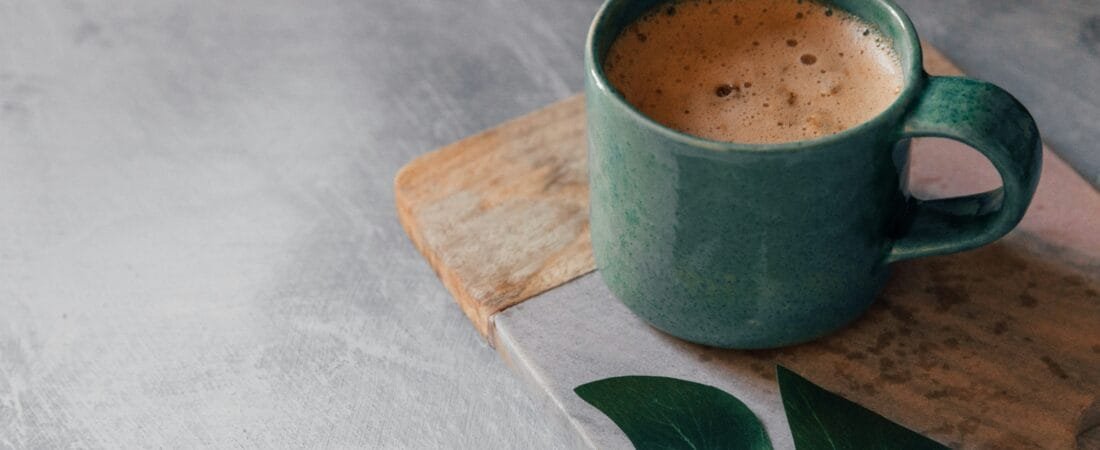Caffeine. It’s the world’s most popular stimulant, a ritual for millions of people every morning, and a secret weapon for productivity, focus, and even workouts. But too often, people use it the wrong way, which leads to jitters, sugar crashes, disrupted sleep, or higher stress levels. If you’ve ever wondered how to get the full benefits of caffeine without the drawbacks, this guide is for you. I’ll break down the science, the timing, and some practical hacks to make caffeine work for you, not against you.
Timing Is Everything: Wait 90 Minutes After Waking
Most of us reach for coffee as soon as we open our eyes, but research suggests that waiting about 90 minutes after waking can actually maximize caffeine’s benefits. Here’s why: when you first wake up, your body produces cortisol, often called the “stress hormone,” which naturally boosts alertness. If you drink caffeine too early, you can interfere with this natural rhythm and reduce the stimulant’s effectiveness. By waiting roughly one to one and a half hours, your body has already lowered cortisol levels and cleared some of the adenosine buildup—the chemical that makes you feel tired—so caffeine provides a smoother and more noticeable boost.
Pair Caffeine With Protein for a Gentle, Sustained Boost
Ever notice how a cup of coffee on an empty stomach sometimes leaves you jittery or anxious? That’s because caffeine on its own can spike cortisol levels. The solution is simple: pair it with protein. Having eggs, Greek yogurt, or a protein shake alongside your coffee helps slow caffeine absorption and keeps your energy more stable. A fun hack is to mix protein powder directly into your coffee. Many flavors actually taste great, and this method prevents sharp energy spikes and crashes. By combining caffeine with protein, you give your body a steady, controlled energy lift while keeping stress hormones in check.
Choose Better Forms of Caffeine
Coffee may be the go-to, but it isn’t the only option. Some caffeinated drinks are full of sugar or artificial stimulants that do more damage than good. Cleaner alternatives can deliver the same kick without the crash. For example, Celsius drinks contain caffeine and natural metabolism boosters, which can help with burning fat. Green tea and matcha are also excellent choices; they deliver caffeine in smaller quantities along with antioxidants and less acid, which are gentle on the stomach. On the other hand, it’s wise to avoid sweetened energy drinks. They may give you a quick boost, but they wreak havoc on blood sugar and insulin sensitivity and can end up making you more tired than before.
Don’t Let Caffeine Steal Your Sleep
The biggest pitfall with caffeine is how long it lingers in your system—up to 8–10 hours for many people. That means your afternoon cup might be the reason you’re staring at the ceiling at night. To protect your sleep, pay attention to when you take your last sip. If you go to bed at 10 PM, aim to stop caffeine intake by noon or early afternoon. Everyone metabolizes caffeine differently, so experiment and notice your body’s cues. Some people can tolerate a late-day espresso, while others need to cut themselves off before lunch. Respecting your internal clock ensures that caffeine energizes you when you need it without sabotaging your rest.
Additional Benefits of Caffeine
Caffeine also possesses a surprising list of other benefits beyond energy and concentration. It’s actually capable of relieving certain types of headaches by constricting blood vessels, which is why it’s included in several over-the-counter migraine medications. For weightlifters or athletes, caffeine can increase endurance and strength, making it an effective pre-workout supplement. Studies also suggest that moderate consumption boosts mood, cognitive function, reaction time, and overall alertness. If coffee tends to upset your stomach or cause acid reflux, you can still enjoy caffeine through alternatives like green tea, matcha, or cold brew coffee, which are often less acidic and easier to digest.
The Takeaway: Be Strategic, Not Mindless
At the end of the day, using caffeine effectively isn’t about downing double espressos or relying on sugary energy drinks every few hours. It’s a question of strategy: timing your intake, pairing it with protein, choosing clean sources, and knowing your own sensitivity. When you approach caffeine this way, it stops being a crutch and becomes a tool. When done right, it can help you power through your day, improve your workouts, and sharpen your focus, all without the common pitfalls.
FAQ: Caffeine Tips for Everyday Life
Q: Can I drink caffeine on an empty stomach?
A: You can, but it may spike cortisol and cause jitters. Pair it with protein or a small breakfast for smoother energy.
Q: How much caffeine is too much?
A: Most studies suggest 400 mg per day (about 4 cups of coffee) is safe for most adults. Individual tolerance varies, so listen to your body.
Q: Does caffeine really affect sleep?
A: Yes. It can stay in your system for around 8–10 hours. Finish your last cup at least 6–8 hours before bedtime, and monitor your personal sensitivity.
Q: Can caffeine help with workouts?
A: Absolutely. It can improve strength, endurance, and focus. Pairing caffeine with a small protein snack can optimize results.
Q: Are energy drinks bad?
A: Most are loaded with sugar and unnecessary additives. Clean caffeine sources like coffee, tea, or low-sugar metabolism drinks are better for long-term health.
Other Blogs We Recommend:
Protein Shake Recipes for Every Lifestyle: From Weight Gain to Low FODMAP, IBS-Friendly Options
The Ultimate No-Equipment HIIT Workout: Build Your Own Routine
References
- Lovallo, W. R. (2005). Caffeine Stimulation of Cortisol Secretion Across the Day in Healthy Adults. Psychosomatic Medicine, 67(5), 738–744. https://doi.org/10.1097/01.psy.0000181269.25547.1f
- Lovallo, W. R. (2006). Cortisol Responses to Mental Stress, Exercise, and Meals: A Comparison of Healthy Men and Women. Psychosomatic Medicine, 68(3), 410–416. https://doi.org/10.1097/01.psy.0000221249.12924.9e
- Huberman, A. (2025). Caffeine Science. Huberman Lab. https://www.hubermanlab.com/topics/caffeine-science
Disclaimer: This blog shares general fitness and wellness tips based on personal experience and research. It is not intended to substitute medical advice, diagnosis, or treatment. Always consult your physician or a qualified healthcare provider before starting any new workout, diet, or health routine. Use of any information on this site is at your own risk.



